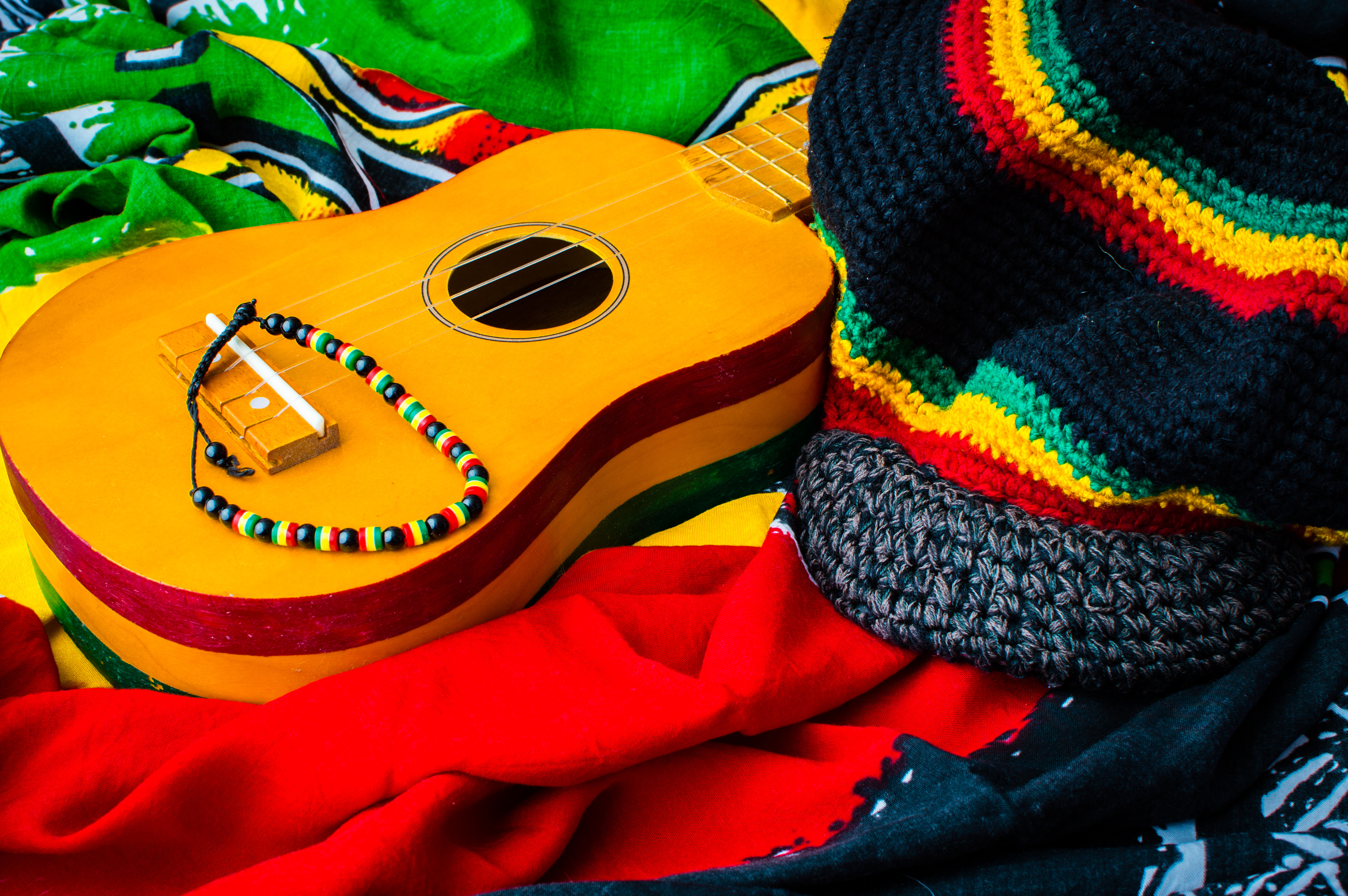By Rayan Warsama
Reggae is a genre of music that originated in Jamaica in the late 1960s, and has since spread to become a global phenomenon, known for its distinctive sound and cultural impact. Reggae evolved from earlier Jamaican music styles such as ska and rocksteady. It emerged in the late 1960s, with influences from rhythm and blues, jazz, traditional Jamaican mento and calypso music. One of the defining features of reggae is its offbeat rhythm, often referred to as the “skank”. This rhythmic pattern typically emphasizes beats 2 and 4 in a 4/4 time signature. Reggae lyrics often address social and political issues, advocating for peace, love, unity and social justice.
However, it is more than a music genre. Many reggae songs serve as a form of protest against oppression and inequality. Some of the early pioneers of reggae include Bob Marley and the Wailers, Jimmy Cliff, Toots, the Maytals and Peter Tosh. Bob Marley is often regarded as the face of reggae and played a crucial role in popularizing the genre globally. Many reggae artists are associated with the Rastafari movement, a religious and social movement that originated in Jamaica. Rastafari themes such as spiritually, freedom, resistance are common in reggae lyrics.
Reggae music typically features a rhythm section with drums, bass, guitar and keyboards. The use of horns and percussion is also common. The baseline plays a prominent role in reggae, providing a melodic and rhythmic foundation. Dub is a subgenre of reggae that emerged in the late 1960s. It is characterized by remixing existing reggae tracks to emphasize the drum and bass elements, often with added effects like reverb and echo. Dub has had a significant impact on electronic music genres. Reggae has become a global phenomenon, influencing and blending with various musical styles worldwide. Artists from different countries incorporate reggae elements into their music, contributing to the genre’s ongoing evolution.
Reggae festivals such as Reggae Sumfest in Jamaica and the Rototom Sunsplash in Spain, attract reggae enthusiasts from around the world. These events showcase a diverse range of reggae styles and provide a platform for both established and emerging artists.
In 2018, UNESCO (United Nations Educational, Scientific and Cultural Organisation) added Reggae music to its list of intangible cultural heritage. The recognition acknowledged Reggae’s contribution to International discourse on issues of injustice, resistance, love and humanity.
